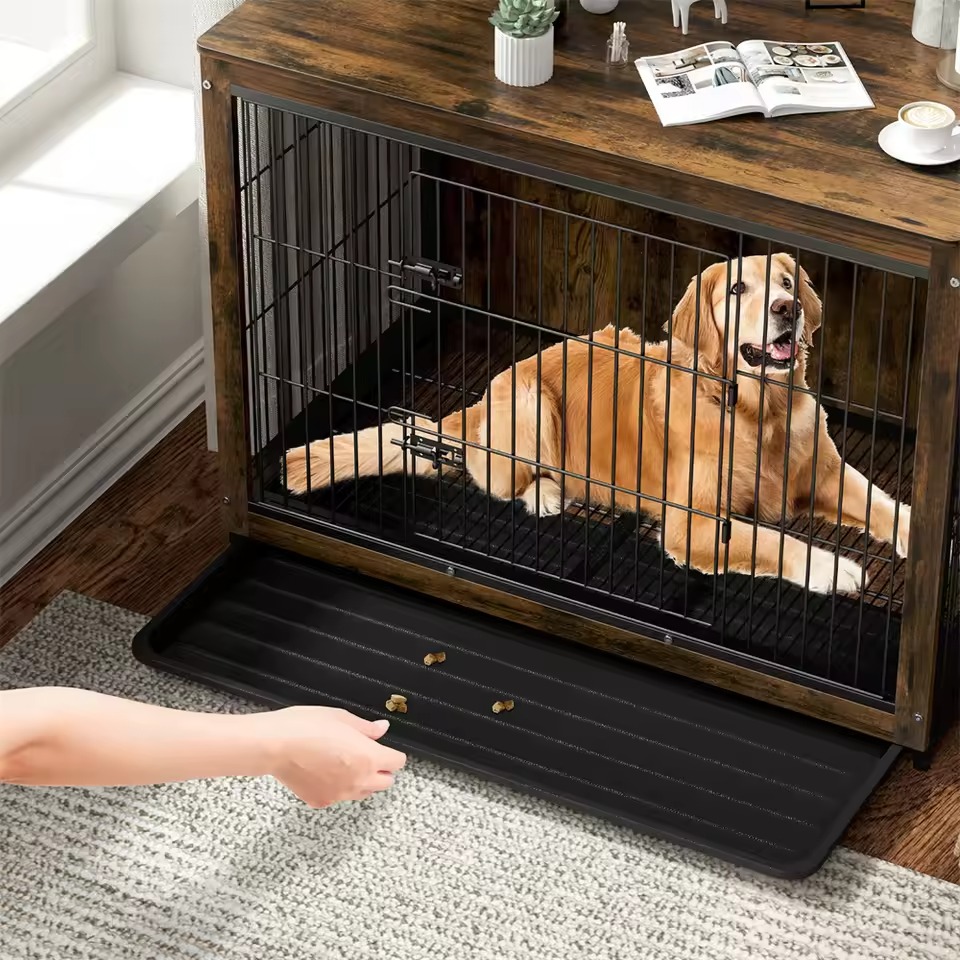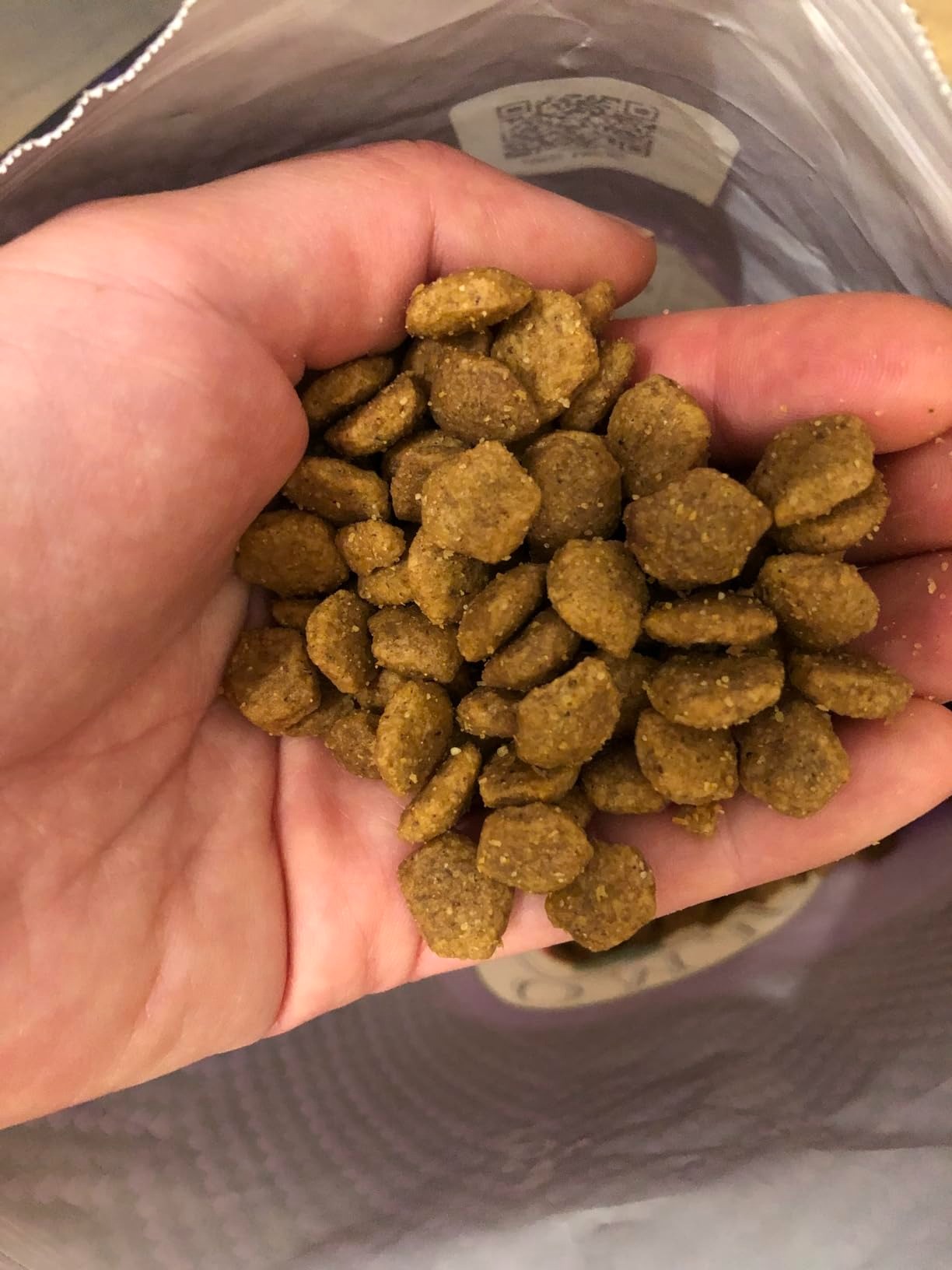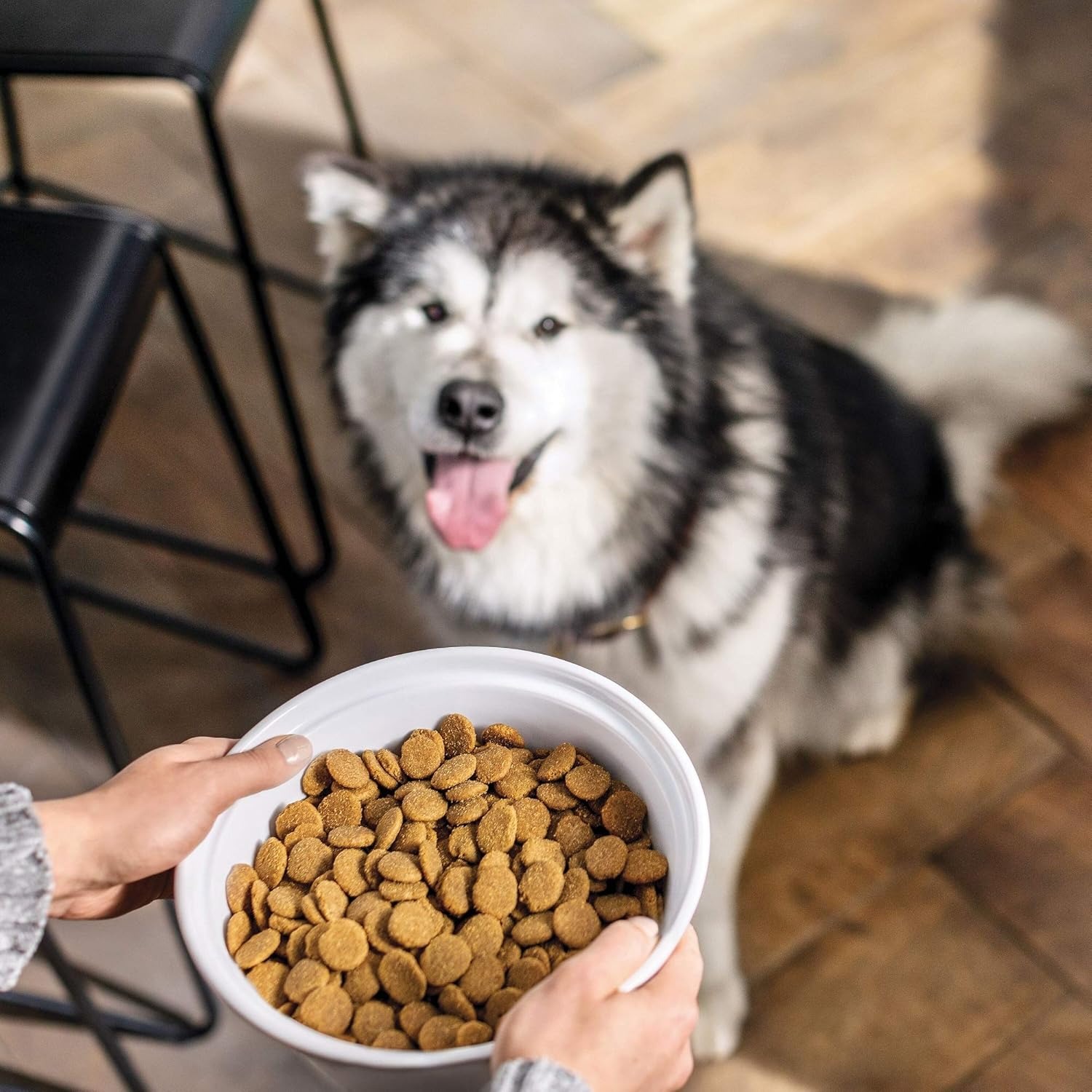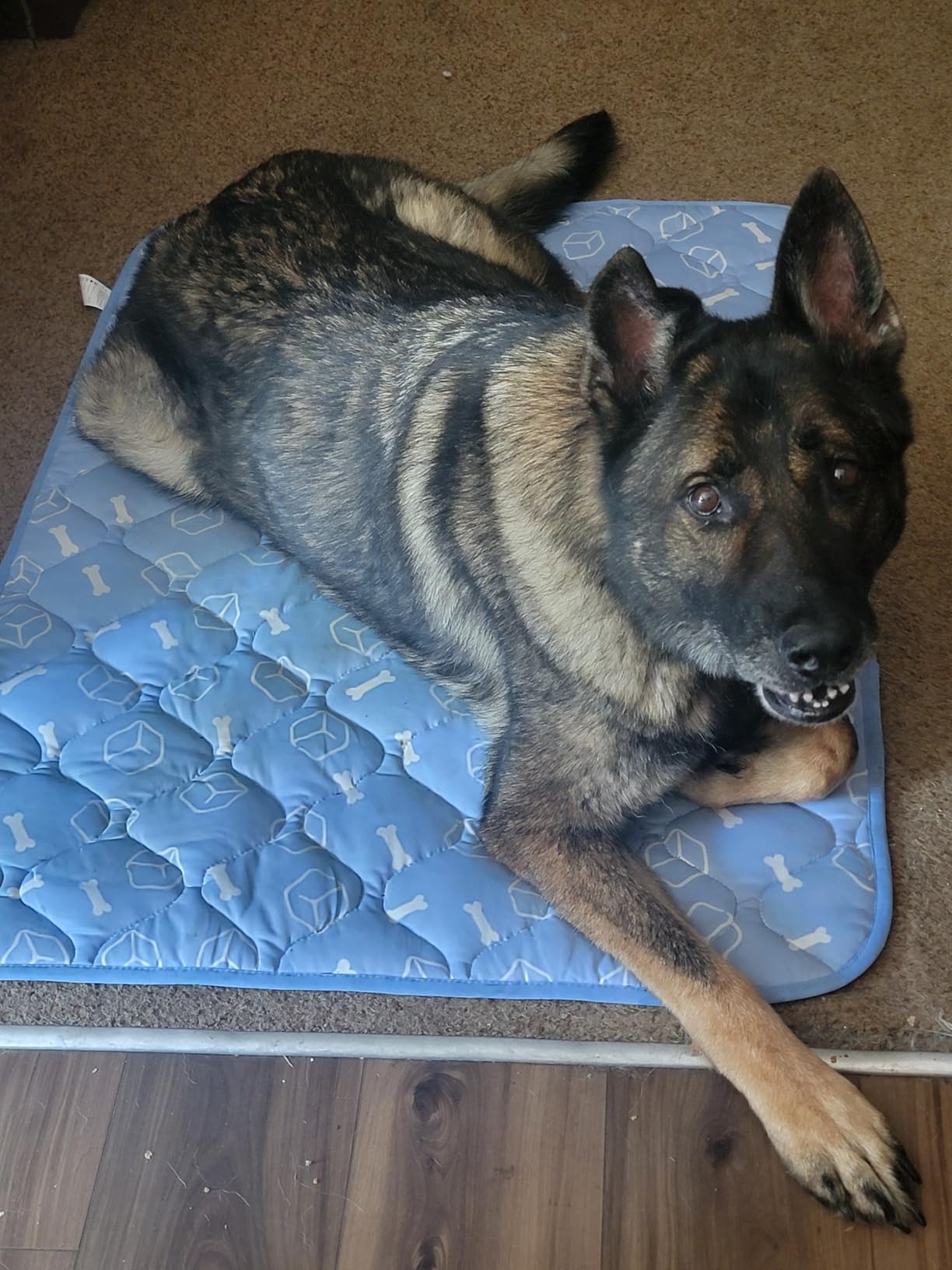What is Kennel Cough?
Kennel cough, or canine infectious tracheobronchitis, affects a dog’s respiratory tract. It’s like a dog version of a cold, marked by a dry, hacking cough. It can happen in dogs of all ages and sizes. It’s not often serious, but sometimes it can lead to more problems, especially in puppies, older dogs, or those with other health issues. Dogs catch it from each other, much like humans catch colds.
The Causes of Kennel Cough
The main causes are the Bordetella bronchiseptica bacteria, and the canine parainfluenza virus. These germs damage the dog’s airways, leading to a cough. Other viruses and bacteria can also cause symptoms like kennel cough. A dog doesn’t need to be in a kennel to get it. It spreads wherever dogs meet and greet.
How Kennel Cough Spreads Among Dogs
Kennel cough spreads through dog-to-dog contact. It’s often passed on in places like kennels, dog parks, and pet stores. If an infected dog coughs or sneezes, the germs can float in the air and land on surfaces. Other dogs can pick it up from these surfaces or by playing with the same toys. It’s super contagious, so if one dog gets it, others nearby might get it too.
\
Identifying Kennel Cough Symptoms
Observing your dog closely can help you identify kennel cough. This illness has specific signs you can spot.
Common Signs of Kennel Cough in Dogs
A dry, harsh cough often reveals kennel cough in dogs. It is similar to a human’s whooping cough. You may hear a ‘honking’ noise when your dog coughs. Watch for gagging, as if something’s stuck in the throat. Dogs with kennel cough may also sneeze frequently. Look for a runny nose or eye discharge as well. Monitoring your dog’s behavior is key. Changes in activity or appetite are vital signs to note.
Severity of Symptoms and When to Worry
Most symptoms of kennel cough are mild. However, it’s important to monitor them. If your dog’s cough turns productive, meaning mucus comes out, be concerned. Also, if breathing gets difficult, seek veterinary help. Watch for lethargy or loss of appetite. These may indicate the illness is getting worse. Puppies, older dogs, or those with health issues are at higher risk. If symptoms last over a few days, or grow worse, it’s time to call your vet.
Diagnosing Kennel Cough in Your Dog
When suspecting kennel cough, a vet visit is crucial. Vets have tools and knowledge to diagnose this condition accurately.
Veterinary Procedures for Confirming Kennel Cough
Vets start with a health history and physical exam. They listen to your dog’s cough and check for other symptoms of kennel cough. If the vet suspects kennel cough, they may suggest further testing. Tests can include chest x-rays, throat swabs, and sometimes blood tests. These help rule out other diseases that can mimic kennel cough.
Differential Diagnosis: Ruling Out Other Illnesses
Vets look for other conditions like heartworm, bronchitis, or even heart issues. They use a process of elimination to confirm kennel cough. This makes sure your dog gets the right treatment. If your dog shows severe signs or doesn’t improve, the vet might do additional tests. These are to ensure nothing else is causing your dog’s symptoms.

Treating Kennel Cough in Dogs
Treating kennel cough usually depends on the dog’s health and the cough’s severity. Mild cases might just need rest and good care at home. But more serious infections could require vet-prescribed medications.
Home Care and Recovery Management
For milder symptoms of kennel cough, comfort is key. Here are steps to help your dog heal at home:
- Keep them well-rested and away from other dogs to avoid spreading the infection.
- Ensure they have plenty of water to prevent dehydration.
- Use a humidifier to moisten the air; it can soothe your dog’s throat.
- Swap the neck collar for a harness to ease pressure on the throat during walks.
Always watch for signs of improvement or worsening. If your dog’s symptoms do not improve within a week, contact your vet.
Medical Interventions and When They Are Necessary
Sometimes, home care is not enough. Here’s when medical treatment might be needed:
- If your dog’s cough is severe and persistent, leading to discomfort.
- If there are signs of bacterial infection, like a fever or yellow nose discharge.
- For dogs that struggle to breathe, seem very tired, or won’t eat.
In these cases, the vet might prescribe antibiotics to fight secondary infections, or a cough suppressant. Do not use over-the-counter medications unless your vet approves. Follow the vet’s advice closely, and give your dog all the prescribed medicine, even if they seem better.
Recovery time varies, but most dogs feel better within one to three weeks. If your dog has a weakened immune system, recovery might take longer. Preventing kennel cough includes getting your dog vaccinated and keeping them away from sick dogs. But remember, vaccines are not 100% effective.
Seeking vet help when needed ensures your dog gets the best chance to bounce back from kennel cough. Keep track of your dog’s progress and adjust care as necessary.
Preventing Kennel Cough
Preventing kennel cough is better than treating it. Vaccines and careful management are key.
Vaccine Options and Effectiveness
Vaccines are a first line of defense against kennel cough. They reduce the risk of infection. There are vaccines specifically for Bordetella bronchiseptica and canine parainfluenza. These are often given to dogs at higher risk, like those attending doggy daycare. Vaccines need time to work, usually around two weeks. They are not foolproof, but they can lessen the severity and duration of kennel cough if a dog gets it.
Reducing Exposure Risks for Your Dog
Limit your dog’s exposure to respiratory infections. Avoid places with lots of dogs if there is an outbreak. Choose well-ventilated kennels with outdoor access when boarding your pet. Clean and disinfect toys and bowls regularly. Wash your hands after handling other dogs. Keep your dog away from others that show symptoms of kennel cough.

The Importance of Veterinary Consultation for Kennel Cough
Kennel cough is common in dogs and often mild. But, sometimes it can lead to serious issues. It’s crucial to know when to consult a vet. A vet’s guidance is key to proper diagnosis and treatment. Without it, your dog may face unnecessary risks.
Recognizing When to Seek Professional Help
If your dog’s cough lasts more than a week, it’s time for a vet visit. Other red flags include a high fever, lack of energy, and refusal to eat. Rapid breathing or producing mucus when coughing also call for immediate attention. These signs can point to more than kennel cough and require professional diagnosis.
Ongoing Care and Monitoring Post-Recovery
After your dog recovers, keep an eye out for any returning symptoms. Ensure they have a well-ventilated environment and reduce exposure to other dogs. Regular check-ups help prevent future infections. Your vet might suggest a vaccine schedule or changes to your dog’s environment. Consistent follow-ups with the vet ensure your dog remains healthy and cough-free.
Understanding Kennel Cough and Its Causes
Kennel cough, medically known as infectious tracheobronchial, is a highly contagious respiratory disease in dogs. It can be caused by several pathogens, including viruses and bacteria. The most common culprits are Bordetella bronchiseptica, canine parainfluenza virus, and canine adenovirus. The condition spreads rapidly in crowded environments, such as shelters, boarding facilities, and dog parks, where dogs are in close contact. Recognizing the environment in which your dog is situated can provide insight into their risk of contracting kennel cough.









